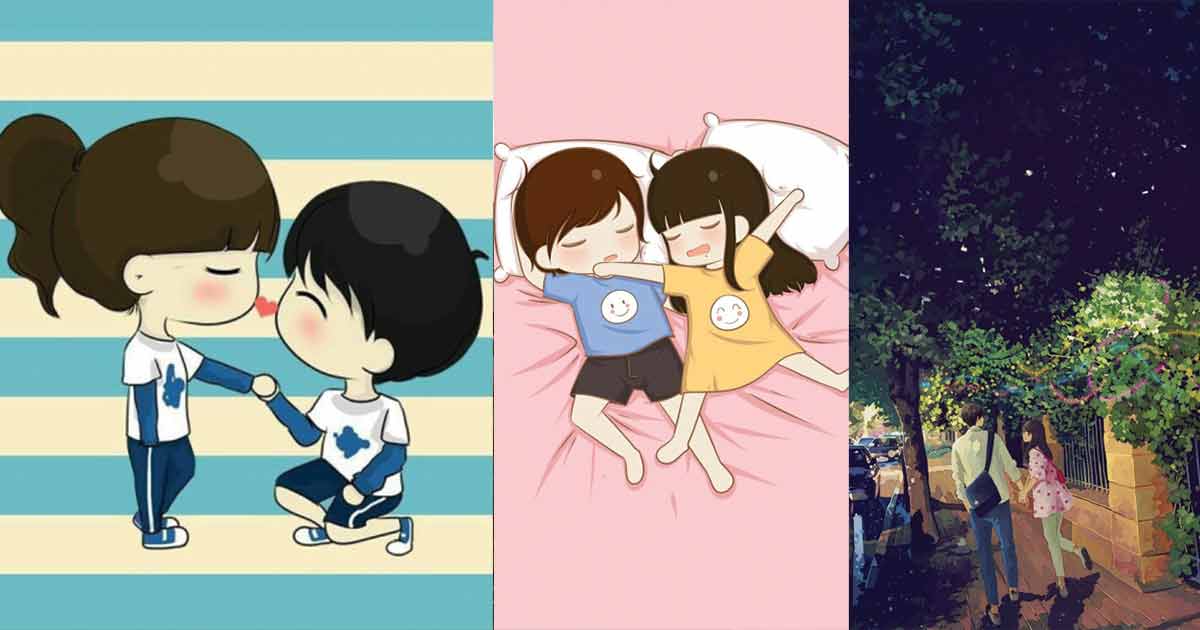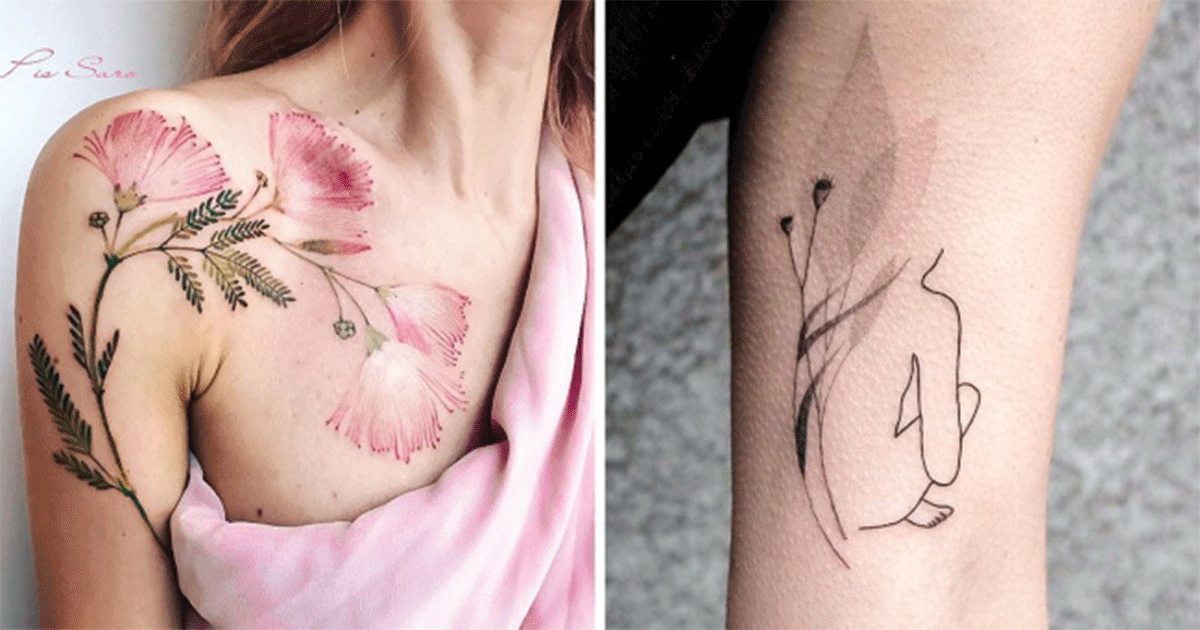Men May Get Hurt More Than Women During a Breakup, and Here’s Why
Men May Get Hurt More Than Women During a Breakup, and Here’s Why
While both men and women experience pain after a breakup, research suggests that men may be hurt more than women in the aftermath. Here are a few reasons why:
1. Emotional Expression Differences
Societal norms often discourage men from openly expressing their emotions. As a result, men may suppress their feelings during a relationship and avoid seeking emotional support from friends or family after a breakup. This emotional isolation can intensify their pain over time, making it harder for them to process the end of the relationship.
•Why it matters: Men tend to internalize their feelings more, which can lead to prolonged emotional distress and a delayed recovery compared to women, who might be more likely to seek out social support.
2. Romantic Dependence
Studies suggest that men may become more emotionally dependent on their romantic partners than women. Since men are often less likely to rely on friends for emotional support, they may rely more heavily on their romantic partners to fulfill their emotional needs. When a breakup happens, men can experience a deeper sense of loss because their primary emotional support system is gone.
•Why it matters: Women tend to have a wider social network to lean on for emotional support, whereas men may feel a more profound sense of isolation after a breakup.
3. Delayed Grief Process
Men often take longer to fully process the emotional fallout from a breakup. This could be due to their tendency to avoid confronting their emotions directly. Instead of immediately dealing with their feelings, men may distract themselves with work, hobbies, or new relationships, only to face their unresolved emotions later on.
•Why it matters: This delay in processing grief can prolong emotional pain for men, sometimes manifesting months or even years after the breakup.
4. Gender Role Expectations
Traditional gender roles often expect men to appear stoic and unemotional, leading them to hide their vulnerability during a breakup. These societal pressures can prevent men from reaching out for help, increasing feelings of loneliness and isolation.
•Why it matters: When men feel compelled to maintain a “strong” front, it can limit their ability to grieve properly, extending their emotional suffering.
5. Fear of Rejection and Loneliness
Research suggests that men may experience more intense feelings of rejection and loneliness after a breakup. Since men often associate their identity and self-worth with their romantic relationship, the end of the relationship can be a significant blow to their self-esteem.
•Why it matters: While women are more likely to have close friends to confide in, men may find it harder to cope with the feelings of rejection and loneliness, which can make the breakup more painful.
Final Thoughts
Though breakups are painful for everyone, the emotional landscape can be particularly challenging for men due to societal expectations, emotional dependence, and delayed processing of grief. It’s important for both men and women to recognize the value of emotional expression and support networks in overcoming the pain of a breakup.
If you or someone you know is struggling to cope after a breakup, seeking the help of a therapist or counselor can make a significant difference.














